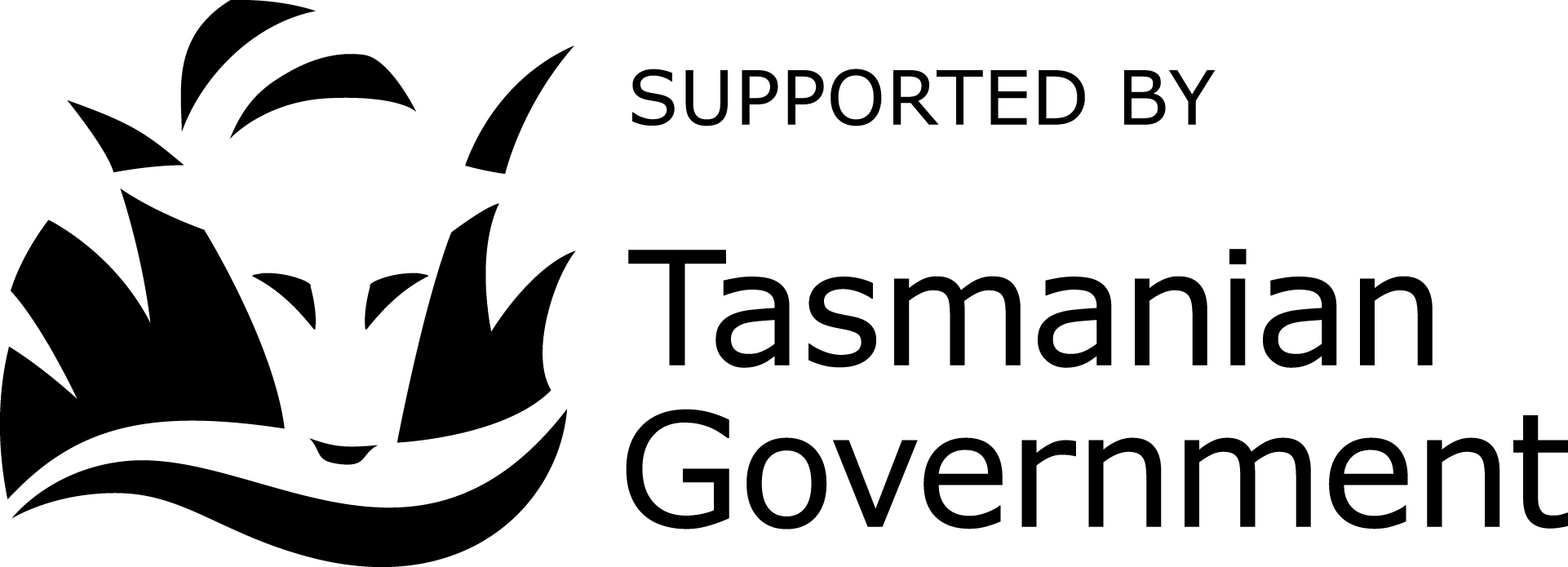Numeracy Toolbox 3: Exploring dyscalculia in adult learners – Session 1.
Dyscalculia is sometimes referred to as the ‘maths version of dyslexia’, yet the differences between the two are vast. Dyscalculia is a neurodiversity that impacts how children process magnitude, numbers, and eventually arithmetic problems. This can make school mathematics deeply unpleasant, in fact often an assault on their sense of self-worth. By the time these children become adults, these negative experiences and ongoing difficulties have often consolidated into deep beliefs about their own mathematical inadequacy. Imagine if we could make a difference to their numeracy skills and beliefs about themselves!
We can make a huge difference. Although the dyscalculia landscape is yet to be fully mapped, and the adult landscape even more so, we can put in place some established practices to support adult learners with dyscalculia. In this workshop we will explore what dyscalculia is, what the research has discovered, and, most importantly, how we might work successfully with adults with dyscalculia.
Topics covered:
- How is dyscalculia conceptualised and diagnosed?
- What does the research reveal about how dyscalculia interferes with numeracy development?
- What strategies can be employed to work with dyscalculic adults?
This course includes 2 x 1-hour workshops. Please register for both.
If you can’t attend both sessions, recordings will be available. Keep in mind that due to the interactive nature of the course, participating in person is recommended for a more effective and engaging learning experience.

